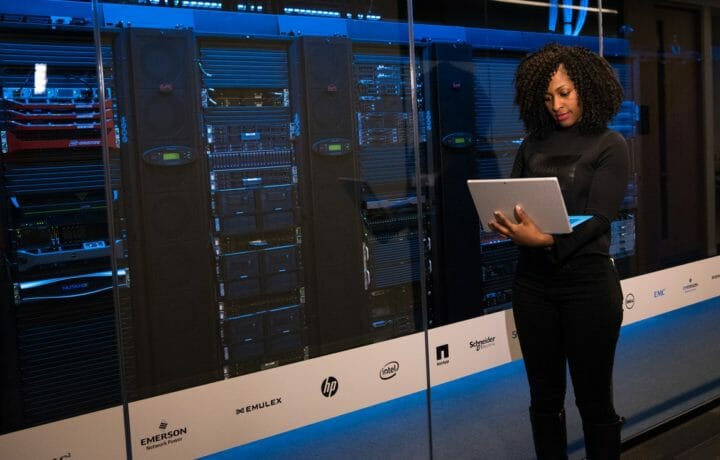When it comes to careers, it helps to find ones where demand is high, which is the case for big data professionals – right up there with machine learning and data scientists. So, you may think that just because someone has a degree in data science that it automatically translates to a career in big data; however, big data focuses on the tech side of things – specifically, the data pipelines. So, while both roles work with big data, the jobs require different education and experience.
Big Data Needs Big Teams
And if you like to be a bit of a loner at work, big data is a…well, big job that requires a team, including roles like data warehouse engineer, data platform engineer, data infrastructure engineer, analytics engineer, data architect, and devops engineer. You get the idea – the team is big. However, the data team is often unrecognized with their work happening deep in the systems stack. You have to be able to take pride in your work behind the scenes.
Building the Right Skillsets
When it comes to building the right skill sets, the experts all agree that programming skills are the core requirement. The coding is the glue that is used on your infrastructure and pipelines, and while you need education to get your start, nothing beats real-world experience.
And when you’re working in such a technical job, big data candidates need to have a strong interest…if not love…in data – otherwise, spending a lot of time looking for patterns and creating difficult and complex systems might turn out to be a bit of a drag for you. So, if you love big data and you cannot lie, plus you have the programming chops, it’s time to start your big data job search.
While you need SQL, Python, and R, and ETL methodologies and practices, the key is also knowing which programming language is right for the job. In order to know which tool is right for the job, big data engineers need to have about 10-30 different technologies ready to go in their toolbox.
So, start with your professional training – get a bachelor’s degree in engineering or computer science. You can add on to that with a master’s degree in data analytics or certifications like Google’s Cloud Certified Professional Data Engineer.
And then read books and work on big data projects. You have to spend the time getting the knowledge in, as well as practicing it. Learn it, know it, and do it. Then keep repeating that cycle to stay up-to-date.



